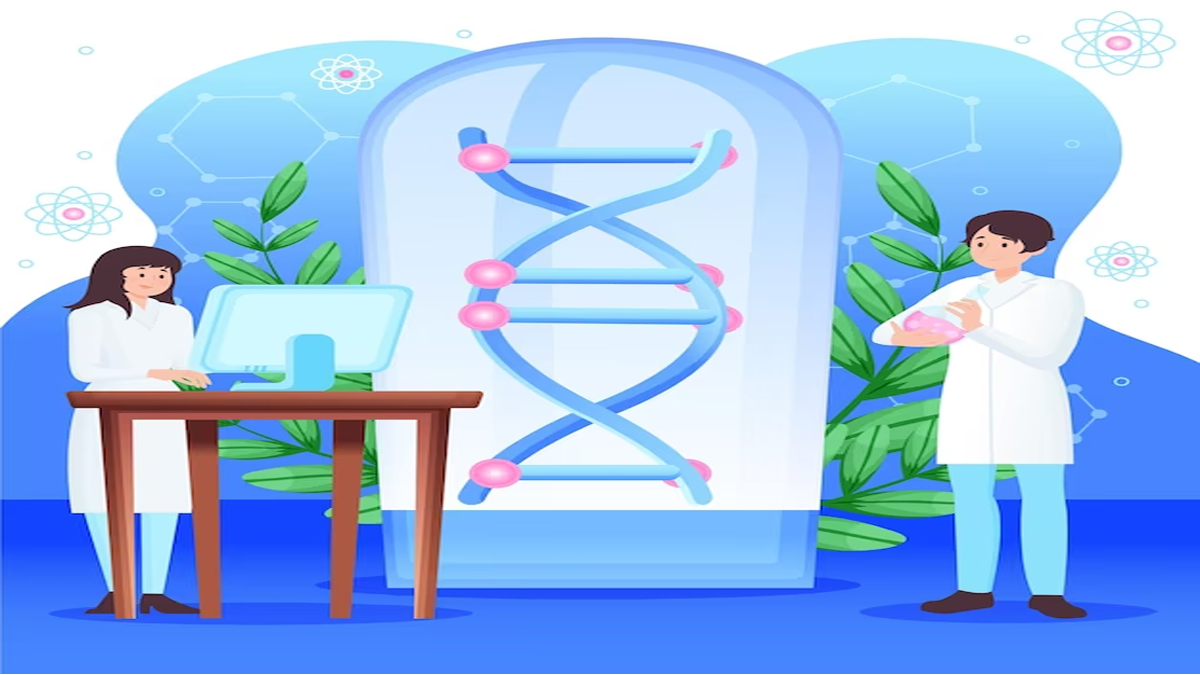They play a crucial role in advancing scientific research and facilitating medical discoveries. However, given the sensitive nature of the data they hold, there are several legal considerations that must be taken into account.
Here are some key aspects:
- Privacy and Data Protection:
Biobanks and genetic research databases deal with highly personal and identifiable information. Thus, protecting the privacy of individuals is paramount. Legal frameworks, such as the General Data Protection Regulation (GDPR) in the European Union or the Health Insurance Portability and Accountability Act (HIPAA) in the United States, set guidelines for data collection, storage, processing, and sharing. Consent from participants and anonymization or de-identification of data are crucial components to ensure privacy. - Informed Consent:
Biobanks and genetic research databases typically require explicit and informed consent from individuals contributing their samples and data. This consent should include details about the purpose of the research, potential risks and benefits, how the data will be handled, and any sharing or commercialization of the results. Clear and transparent communication is essential to ensure that participants fully understand and provide their voluntary consent. - Ethical Considerations:
Alongside legal considerations, ethical guidelines and principles play a significant role in the operation of biobanks and genetic research databases. These include respect for autonomy, beneficence, justice, and non-maleficence. Ethical review boards or committees often oversee the establishment and operation of biobanks, ensuring that the research is conducted ethically and in compliance with relevant regulations. - Intellectual Property Rights:
Biobanks and genetic research databases may involve discoveries and inventions that are eligible for intellectual property protection. Legal issues surrounding patenting and ownership of genetic material and associated data can arise. Clear policies and agreements regarding intellectual property rights should be established to address ownership, licensing, and commercialization of any resulting products or therapies. - Data Sharing and Access:
Collaboration and sharing of data among researchers are crucial for scientific progress. However, there are legal and ethical considerations when it comes to sharing and accessing data from biobanks and genetic research databases. Data sharing agreements and protocols need to be in place to ensure that data is shared securely, responsibly, and in compliance with applicable regulations, while protecting the rights and privacy of participants. - Security and Data Breach:
Given the sensitivity of the information stored in biobanks and genetic research databases, security measures are of utmost importance. Implementing robust security protocols, encryption, access controls, and data breach notification procedures are necessary to safeguard the data from unauthorized access, breaches, or theft.
It’s important to note that the legal considerations for biobanks and genetic research databases may vary across different jurisdictions. Therefore, it is advisable to consult with legal experts and adhere to the specific regulations and guidelines applicable in the relevant jurisdiction.
